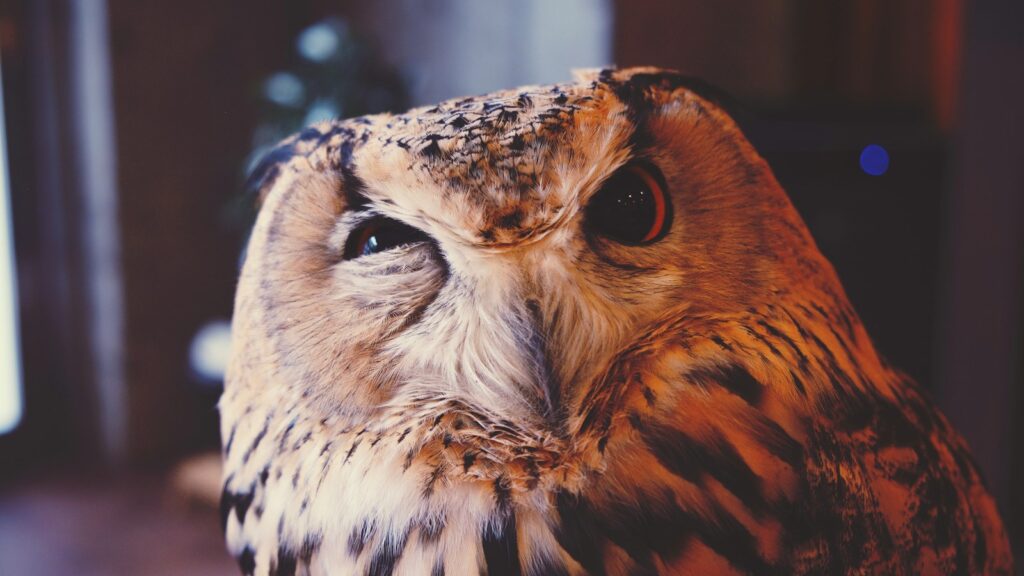One of the things I love about the CIPD’s first Profession Map is the behaviour described as ‘Curious’. On the Map the behaviour is defined as “future-focused, inquisitive and open-minded; seeks out evolving and innovative ways to add value to the organisation.”
As we embark on a new year, how we could use our curiosity to help reflect on what we have learned and prepare for 2025?
Amid chaos and uncertainty, learning or trying something new may be a way to escape for a moment from what is and take some time to consider what might be.
To help ignite your curiosity and make space for reflection, why not try the following challenges? These small tasks are designed to open you up to possibilities for evolution and innovation – both of which we will need plenty of in the new year ahead!
Challenge one: Dust off that unread book
Take a look at your bookshelf (virtual or solid!) and seek out the book that you bought a few years ago, but have yet to break the spine on. If the book is a novel, start to read it. If the book is non-fiction, scan the contents page or index of the book and pick out a chapter that resonates.
As you read, ask yourself the following questions:
- What themes from the book mirror my experiences?
- What themes are outside my own experience?
- What might I take from these themes to help me to address a challenge I am facing?
Challenge two: Watch and learn
Access your favourite streaming service. Find a documentary on a topic that you would normally shy away from (for whatever reason). Schedule a time and watch the documentary.
After watching, reflect on what you noticed:
- What surprised you in what you watched?
- What made you angry or frustrated?
- What ideas were inspired in you?
- What could you do with those ideas in the future?
Challenge three: Supermarket sweep
Visit a supermarket that you’ve never visited before. Explore the aisles and observe the way in which the shop is laid out. Watch the customers and staff to see how they are behaving and interacting. Buy one thing that you would not normally eat, take it home and give it a try!
As you think about your experience, consider these questions:
- What was it like to go somewhere completely new?
- How did it feel to be on unfamiliar territory?
- What did you notice about the people around you?
- What did you notice about your own reactions in this space?
- As you ate your new food, what did you experience?
- What can you take from this mini-adventure that might help you in the future?
Challenge four: Well I never
For one week (or longer if you enjoy it), keep a list of those everyday ‘well I never’ moments.
For me, these are the moments when we are suddenly struck with an insight. We might hear ourselves saying something like “goodness, I never realised that” or “it’s true, you learn something new every day”.
At the end of the week, take a look at your list and ask yourself what it can teach you. How might these small moments of learning inform what you do in the future?
Challenge five: Start small
Think about something that you have always wanted to learn. It might be one of those ‘when I have the time I’ll…’ or ‘when I have the funds I will…’ things.
Consider one small step you could take to move closer towards learning that thing.
Take that step and see where it goes! No pressure. No specifics, just one step.
Reflect on the step you took:
- What did you actually do?
- What did it feel like?
- What could you do next?
- What will you do next?
Six impossible things before breakfast
As you embark on your curiosity-igniting challenges, consider this quote from Lewis Carroll’s Alice in Wonderland.
“Alice laughed. ‘There’s no use trying,’ she said. ‘One can’t believe impossible things.’
I daresay you haven’t had much practice,’ said the Queen. ‘When I was your age, I always did it for half-an-hour a day. Why, sometimes I’ve believed as many as six impossible things before breakfast. There goes the shawl again!”
- What can you do to become even more curious?
- What impossible thing could you believe for just a moment?
- What difference might it make?





